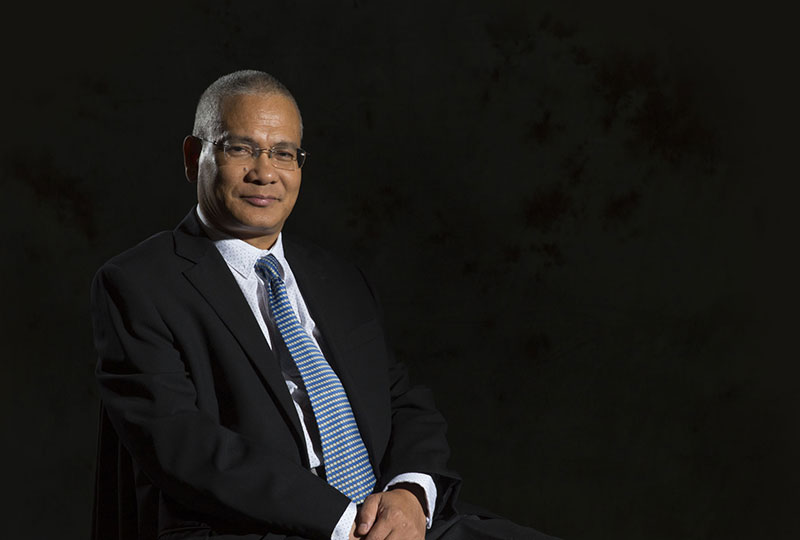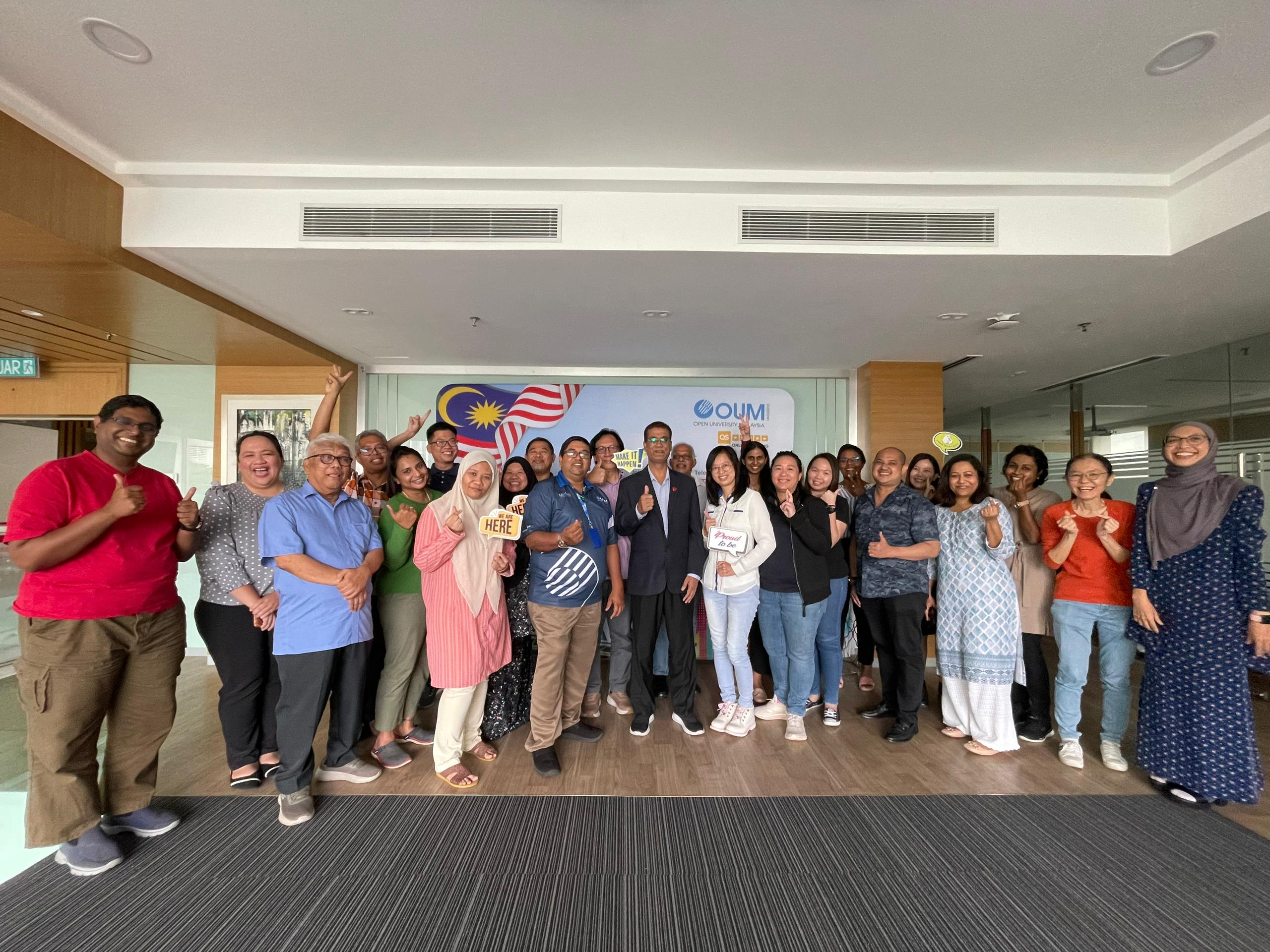YBhg Prof Dato’ Dr Mansor Fadzil (DM): The fully online mode of programme delivery is to cater to a significant proportion of OUM learners seeking to earn their degrees by leveraging exclusively on digital tools and online interactions with their peers and tutors without the encumbrance of attending face-to-face classes. The official launch of this is slated tentatively for August 2019 but we’ve already had a soft launch in May this year for the initial offerings, namely the Master of Islamic Studies [MIST] and the Master of Early Childhood Education [MECHE] programmes.
DL: How have learners responded to these two fully online programmes soft-launched recently?
DM: It has been encouraging. We projected as much in the preceding years of groundwork we did to study the expectations of our learners and the ways in which this mode of delivery could be configured. One of the things we observed time and again is that, while OUM learner profiles are complex, there are key unifying characteristics. OUM learners come from richly diverse social backgrounds. All have unique needs, preferences, styles, quirks, and approaches to learning. An overwhelming majority of our learners nonetheless share such key attributes as grit, adaptability, independence, self-direction, and openness to newness. These shared attributes predispose our learners to embrace fully online learning which has become ubiquitous globally.
DL: Since its inception almost two decades ago, OUM has offered tens of thousands of learners the opportunity to pursue their dream of earning a degree. Many have graduated without stepping foot in a physical classroom. How is this de facto mode of online delivery different from the impending official launch of fully online programme delivery?
“An overwhelming majority of our learners […] share such key attributes as grit, adaptability, independence, self-direction, and openness to newness.”
DM: Several things set the former apart from the latter. To start, learners who enrol in programmes to be officially launched in fully online mode will receive fifteen percent off their tuition fees. More important than this considerable saving, arguably, is the comprehensive online learning support that comes with the latter. Fully online learners will have carefully curated weekly e-lesson scaffolding to help them move progressively toward stronger understanding and, ultimately, greater independence in the learning process. Learners will also benefit from at least eight hours of live forum discussions or virtual seminars per semester. They can participate in these from any location convenient to them. These are over and above the standard package that all OUM learners receive, including access to comprehensive course materials in digital format, e-tutor support, OUM’s asynchronous e-forum platform called myINSPIRE, and the University’s digital library.
DL: Thank you, Dato’. inspired looks forward to follow-up reporting on the University’s fully online offering as it is rolled out in phases.
read more at inspired.oum.edu.my/









